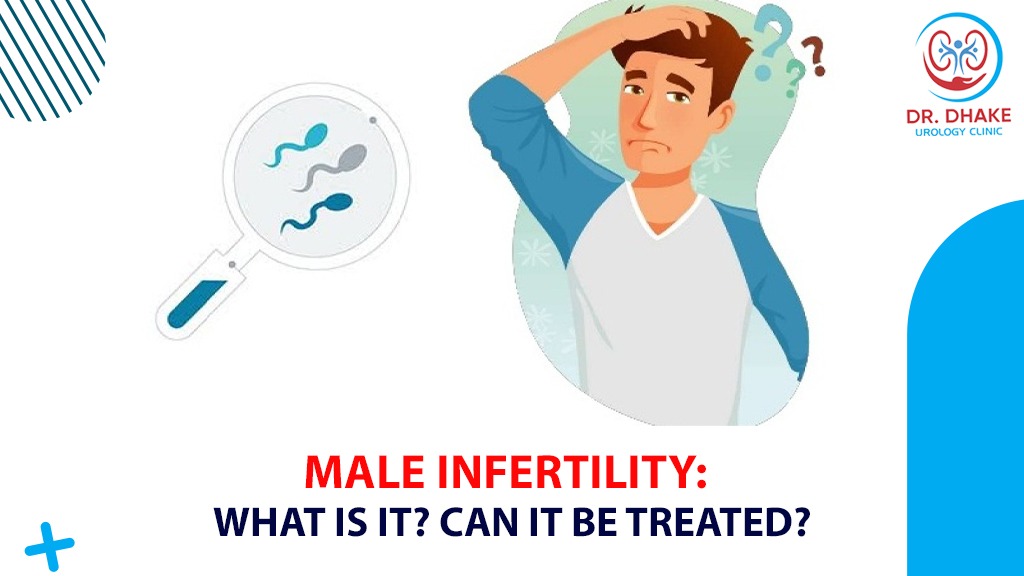
Male infertility refers to the inability of a man to achieve a pregnancy in a fertile woman. It is a common condition that affects millions of men worldwide and can have a significant impact on a couple’s ability to have a child.
There are several causes of male infertility, the most common of which is a low sperm count.
Low Sperm Count
This can be caused by a variety of factors, including genetic disorders, hormonal imbalances, and certain medical conditions such as diabetes and varicocele (a condition in which the veins in the testicle are enlarged, causing overheating and damage to the sperm). Lifestyle factors such as alcohol and drug use, smoking, and exposure to environmental toxins can also contribute to low sperm count.
Poor Sperm Motility
Another common cause of male infertility is poor sperm motility, which refers to the ability of sperm to move effectively. This can be caused by a variety of factors, including genetics, infection, and varicocele.
In addition to low sperm count and poor motility, other factors can contribute to male infertility such as abnormal sperm shape (morphology) and problems with the delivery of sperm (ejaculatory dysfunction).
The good news is that male infertility can often be treated, depending on the underlying cause. If the problem is a low sperm count or poor motility, treatment may include fertility drugs, lifestyle changes, and in some cases, surgery. If a varicocele is causing infertility, surgery to repair the veins may be recommended.
Assisted reproductive technologies (ART) such as Intracytoplasmic sperm injection (ICSI) or in vitro fertilization (IVF) can also be used to help couples conceive.
It is important for men who are experiencing infertility to see a specialist. A urologist or a specialist in male reproductive medicine and surgery can help identify and treat underlying causes. In some cases, a referral to an infertility clinic may be recommended.
In conclusion, Male infertility is a common condition that can have a significant impact on a couple’s ability to have a child. It can have many causes and it is important to see a specialist to identify the underlying causes. With the right diagnosis and treatment, many cases of male infertility can be successfully treated, giving couples the chance to start a family.




